Home > Your AF Insurance insights
Your AF Insurance insights
09.09.2024
Your guide to AF’s Healthcare scheme
AF Procurement Support Specialist Jake Thurtle explains what private medical insurance is and outlines the benefits of AF’s Healthcare scheme.
What is private medical insurance?
Private medical insurance (PMI) offers policyholders an alternative avenue for medical treatment outside the NHS. Opting for private treatment can mean faster access to care, the luxury of private hospitals and availability of medications and procedures not covered by the NHS.
But private medical treatment comes with a significant cost. To mitigate these costs, private medical insurance covers some, or all, of the medical costs associated with private treatment.
Typically, PMI policies cover new, acute and short-term conditions, excluding chronic and pre-existing conditions. Covered treatments include private consultations with medical specialists, treatment in private hospitals, physiotherapy, outpatient care and access to private GP consultations. Additional cover for mental health, dental and optical treatment can also be included.
Why choose AF’s Healthcare scheme?
The AF Healthcare scheme is offered by Aviva Health and managed by the Alan Boswell Group. You can join the scheme at any point during the year, and policy benefits and excess can be tailored to suit your needs and the premium you’re comfortable with.
Benefits of the AF Healthcare scheme include:
- Faster access to care with higher staffing levels.
- Access to medicines and treatments not offered by the NHS.
- Private rooms and home nursing services.
- Comprehensive outpatient cover or customisable limits to manage costs.
- Flexibility to select from a nationwide network of over 400 facilities.
- Optional benefits include mental health cover, therapies, dental, and optical cover.
- Choice of setting your own excess between £0-£1,000 to provide a premium you’re comfortable with.
- Transferability of cover from another insurer (subject to specified requirements) with flexible underwriting for new joiners.
- Virtual GP access at a time and location convenient to you.
Our exclusive price beater guarantee means we promise to beat renewal prices by up to 10% for group policies transferred from other insurers*. And, as an AF Member, our AF Healthcare scheme gives you preferential rates not accessible to PMI members outside the scheme.
To learn more about the AF Healthcare scheme, contact your AF Healthcare team by email to healthcare@af.farm or call 01603 216 385.
AF Group is an appointed representative of Alan Boswell Insurance Brokers Ltd who are authorised and regulated by the Financial Conduct Authority. AF Insurance is a service provided by Alan Boswell Insurance Brokers Ltd.
*Price beater guarantee is subject to not having previously received treatment or advice for a number of conditions (e.g. cancer, heart / circulatory, psychiatry, knees, back, shoulders or arthritis). Full details are available on request.



